By Duncan Mackay in London
December 16 – England 2018 today announced the cities that will be part of its campaign the to bring back the tournament to this country for the first time since 1966.
A selection panel, headed by Lord Brian Mawhinney, chose 17 stadiums in 12 cities and towns in Birmingham, Bristol, Leeds, Liverpool, London, Manchester, Milton Keynes, Newcastle/Gateshead, Nottingham, Plymouth, Sheffield and Sunderland.
The cities that were not chosen out of the 15 that applied were Derby, Hull and Leicester.
In London Wembley Stadium and the Emirates were chosen while the third venue will be a choice between the Olympic Stadium and the new ground that Tottenham Hotspur are planning to build.
In Sheffield Hillsborough was chosen ahead of Bramall Lane while Liverpool was picked but that is dependent on the city building a new stadium.
There had been speculation that Liverpool would not be included.
Mawhinney said: ”It would have been very hard to envisage an impressive World Cup bid without iconic Liverpool.
“But it got selected because it plans a stadium that we believe will strengthen the bid.”
He also tried to have words of comfort for those cities that missed.
Mawhinney said: ”There will be a lot of disappointed football fans around the country, I understand that.
“The only encouragement I can give them is that we have used our judgement to produce our strongest bid.”
During the last seven months, each city had received two visits from the England 2018 bid’s technical team and has been assessed on a total of 67 criteria and 82 sub-criteria including contractual commitment, stadium suitability, fan parks, security and legacy plans.
Mawhinney said: ”It is important that everyone understands how the decision on candidate cities has been made.
“Every city involved has worked hard to put their bid together and it is right that people across the country – particularly those in and around the applicant cities – know what was required.
“The standard has been extremely high so the selection panel’s job has been a tough one.”
If England’s bid is successful, FIFA will make the final decision on World Cup venues from the list of candidate cities.
They would be expected to choose 12 stadiums.
Mawhinney said: ”FIFA’s technical standards understandably are very high and our process has been necessarily robust and thorough to ensure we had all the facts available to make our selection of the cities we will present to FIFA.
“Technical director, Ian Riley, and his team made two inspection visits to each city and have provided as much advice and assistance through the process as possible.
“We believe England would be the perfect host to a World Cup tournament and this process has enabled us to identify the best possible facilities the country can provide to FIFA.”
Contact the writer of this story at zib.l1734846903labto1734846903ofdlr1734846903owedi1734846903sni@y1734846903akcam1734846903.nacn1734846903ud1734846903.
Selected cities and stadium
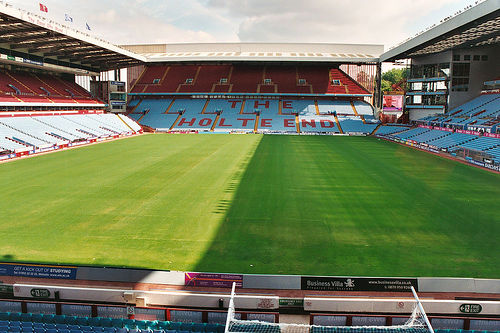 Birmingham
Birmingham
Population: 1.01 million
Stadium and proposed capacity: Villa Park 47,300
Pros: England’s second city; central location; staged more European and World Championships than any other city in Britain
Cons: Villa Park is grand but needs redeveloping; traffic
Ambassadors: Alex McLeish, Graham Taylor
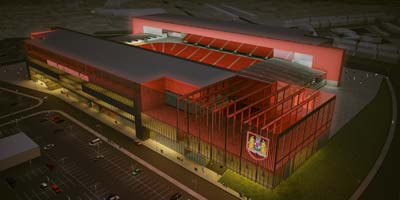 Bristol
Bristol
Population: 421,000
Stadium and proposed capacity: New stadium at Ashton Vale 44,000
Pros: West Country location, diverse local population; would help spread tournament around country
Cons: Local opposition to new stadium; traffic
Ambassadors: Wallace and Gromit, Gary Mabbutt, Joe Jordan
 Leeds
Leeds
Population: 761,000
Stadium and proposed capacity: Elland Road 51,240
Pros: Good infrastructure, including hotels and transport links; Leeds United remain one of the best known clubs in Europe
Cons: Location of Elland Road, which is looking worn
Ambassadors: Norman Hunter, Peter Lorimer
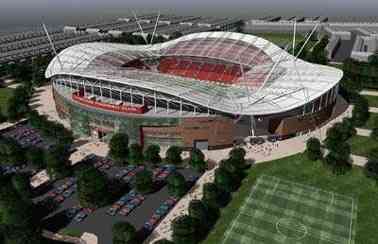 Liverpool
Liverpool
Population: 435,000
Stadium and proposed capacity: New Anfield (pictured) 72,334 or current Anfield 44,000
Pros: World famous city known everywhere for its five-time European Cup winning football team and the Beatles
Cons: Continuing rows over new ground could undermine England’s bid
Ambassadors: Steven Gerrard, Kenny Dalglish, Gerry Marsden
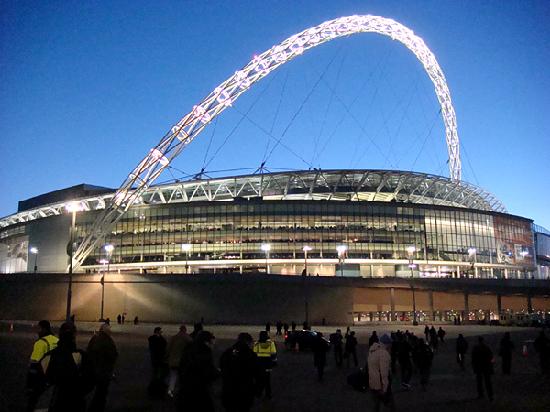 London
London
Population: 7.56 million
Stadium and proposed capacity: Wembley Stadium 84,700 (pictured); Emirates Stadium 60,000; New Tottenham Hotspur Stadium 58,000; Olympic Stadium 66,995
Pros: Infrastructure,; size; transport system being upgraded for 2012 Olympics; puts on major world-class events every week
Cons: Doubts over the future of the Olympic Stadium after 2012
Ambassadors: John Terry, Boris Johnson
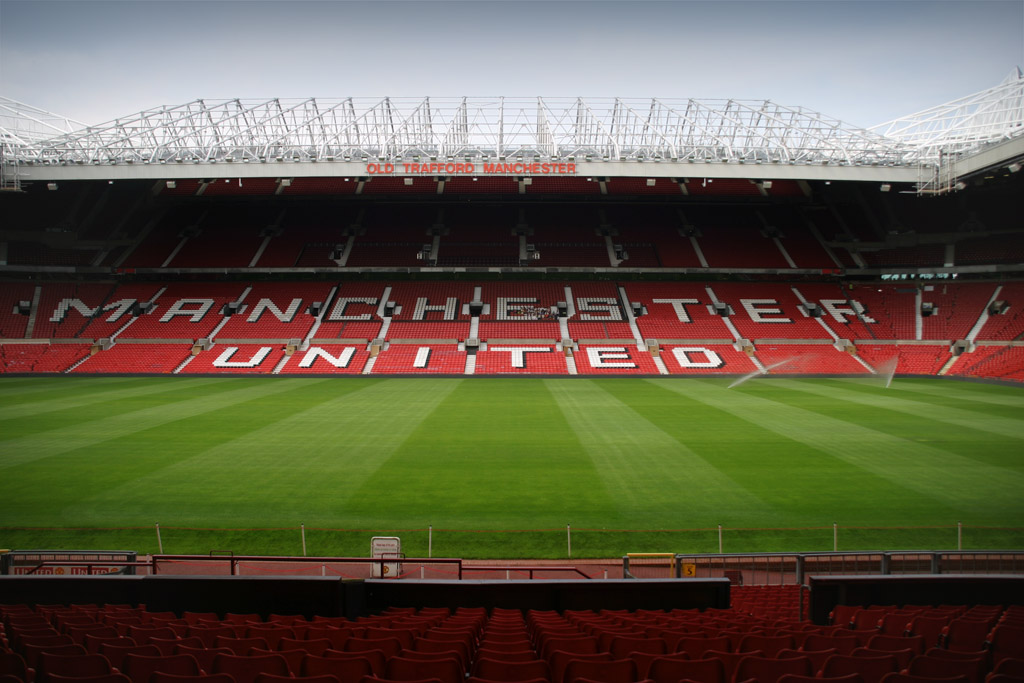 Manchester
Manchester
Population: 458,000
Stadium and proposed capacity: Old Trafford (pictured) 75,979; City of Manchester 47,717
Pros: Old Trafford is second biggest stadium in England; City of Manchester hosted the 2002 Commonwealth Games, which led to major upgrade of city’s infrastructure; home to the best known club in the world and also the richest
Cons: Violence at 2008 UEFA Cup final at City of Manchester is still fresh; weather has a poor reputation
Ambassadors: Bryan Robson, Mike Summerbee
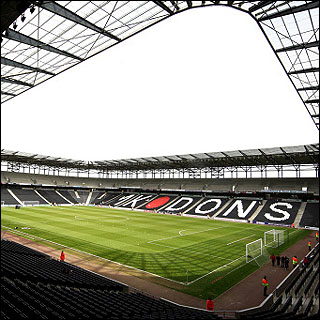 Milton Keynes
Milton Keynes
Population: 230,000
Stadium and proposed capcacity: stadium:mk 44,000
Pros: Europe’s fastest growing city; the only venue between London and Birmingham; enthusiasm of MK Dons owner Pete Winkelman
Cons: Did not even exist last time England staged the World Cup; football community still upset over MK Dons taking over Wimbledon’s place in the Football League
Ambassadors: Paul Ince, Pete Winkelman
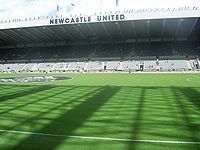 Newcastle/Gateshead
Newcastle/Gateshead
Population: 450,000
Stadium and proposed capacity: St James’ Park 52,409
Pros: Football-crazy city, legendary nightlife and hospitality
Cons: City centre location makes stadium tight
Ambassadors: Paul Gascoigne, Alan Shearer
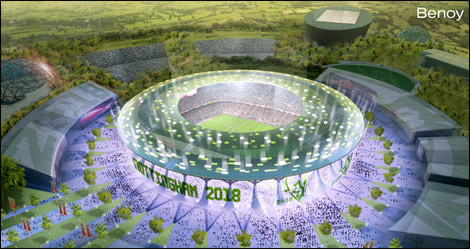 Nottingham
Nottingham
Population: 289,000
Stadium and proposed capacity: New Nottingham Forest Stadium 45,300
Pros: Good transport infrastructure, great football tradition thanks to Brian Clough
Cons: Political wrangling over proposed new stadium
Ambassadors: Steve Hodge, Juliann Bennett
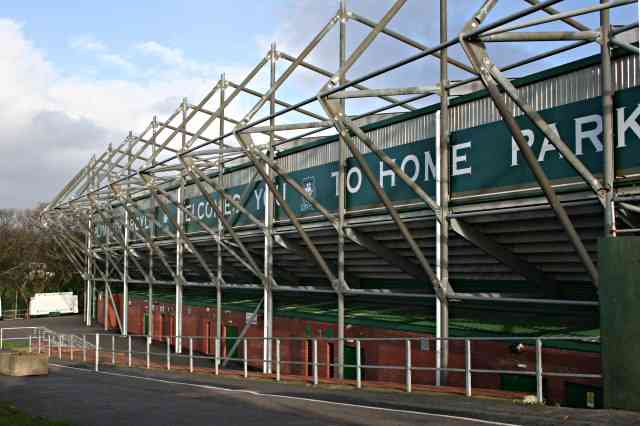 Plymouth
Plymouth
Population: 253,000
Stadium and proposed capacity: Home Park 43,874
Pros: Would make World Cup truly national event; close to prime tourist locations
Cons: Doubts over the future of proposed stadium after World Cup
Ambassadors: Tom Daley, Paul Mariner
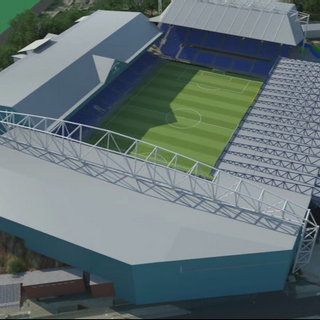 Sheffield
Sheffield
Population: 534,500
Stadium and proposed capacity: Hillsborough 43,946
Pros: As home to world’s oldest club, could claim to be the birthplace of football; good infrastructure; experience of organising major events
Cons: Hillsborough will always be associated with the worst tragedy in English football history
Ambassadors: David Blunkett, David Hirst
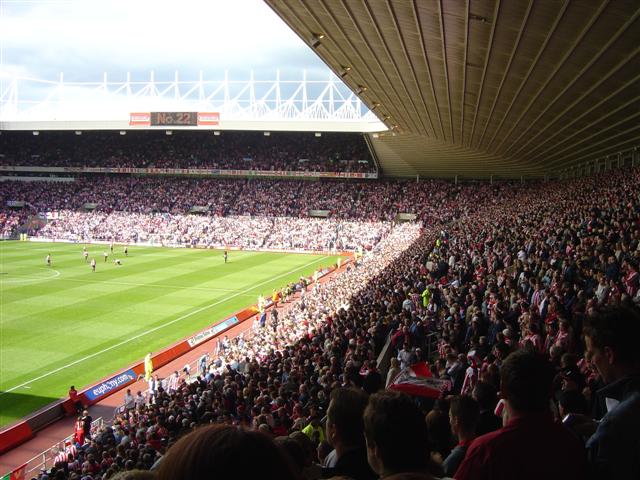 Sunderland
Sunderland
Population: 280,000
Stadium and proposed capacity: Stadium of Light 48,707
Pros: Excellent stadium, passionate fans
Cons: Difficult to get to; lacks reputation of Newcastle
Ambassadors: Steve Cram, Niall Quinn
Related stories
December 2009: Exclusive – Pick Sunderland instead of Newcastle urges Quinn
December 2009: Bidders for England 2018 have last chance to impress
November 2009: Liverpool will be involved in 2018 World Cup promise England officials
November 2009: Cities present proposals to England 2018 World Cup bid
November 2009: Portsmouth withdraw England 2018 World Cup bid

(1).jpg)